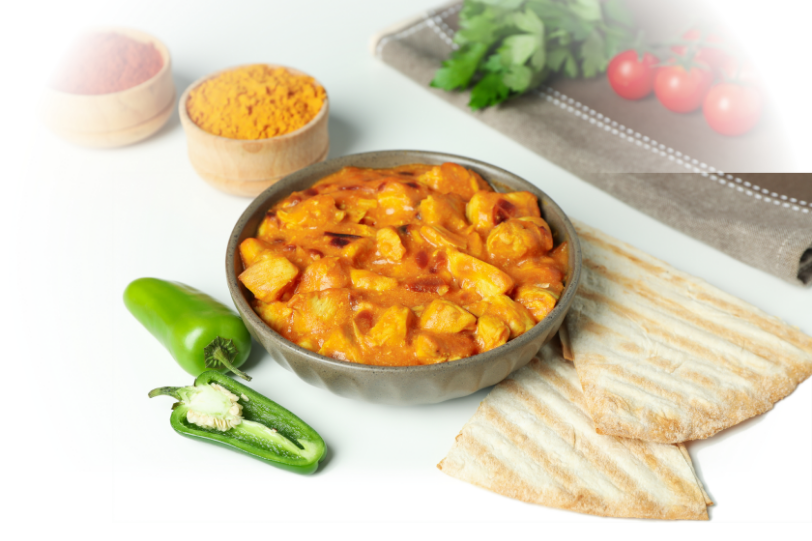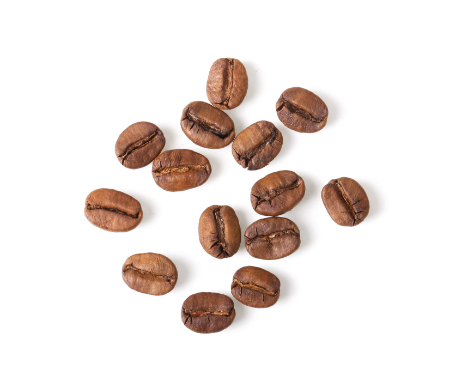Understanding Tariffs, Trade Obstacles, and Legal Hurdles After Brexit: A Food Brand's Strategy
The process of expanding a food business from the UK into the European Union (EU) post-Brexit presents both opportunities and challenges. The landscape has shifted significantly, with the emergence of tariffs, trade barriers, and complex customs procedures impacting UK food brands. In this blog, we will examine these challenges and showcase how partnering with Cibus Nexum and leveraging its unique FoodFlow Method can offer effective solutions in this post-Brexit era. Three Challenges to Consider 1. Tariffs and Trade Barriers The EU-UK Trade and Cooperation Agreement (TCA) allows for tariff-free trade between the UK and the EU, but only if goods meet specific Rules of Origin requirements. This means that UK products must be able to prove they were made or significantly altered in the UK or EU to qualify for zero tariffs. If goods do not meet these rules, they may be subject to tariffs, which can increase costs and reduce competitiveness (see more at GOV.UK and European Commission). 2. Customs Procedures Since the withdrawal period ended in January 2021, full customs controls have been in place, requiring all goods exported from the UK to the EU to undergo customs checks. This includes submitting customs declarations, ensuring products comply with safety, security, and environmental standards, and potentially facing delays at the border due to these checks. This complexity adds to the administrative burden and can result in increased costs (See more at: House of Commons Library and GOV.UK). Besides that, shipping over fresh products might become a problem considering the limited shelf life. 3. Legal and Tax Considerations Post-Brexit, UK businesses must navigate differing legal and tax regimes across various EU member states, with non-compliance leading to fines and legal penalties. (House of Commons Library). Tackling Tariffs and Trade Barriers Post-Brexit As mentioned earlier in this blog, the EU-UK Trade and Cooperation Agreement (TCA) allows for tariff-free trade, conditional on products meeting specific Rules of Origin requirements. Failure to comply can lead to UK products facing tariffs, which in turn increases costs and reduces competitiveness. To address this challenge, Cibus Nexum offers a solution for UK food & beverage companies. By ensuring that products meet the necessary Rules of Origin requirements, Cibus Nexum enables these brands to benefit from tariff-free access to the EU market. Through Cibus Nexum's network of EU-based manufacturers, UK brands can outsource parts of the production process to the EU. This strategy not only ensures compliance with the Rules of Origin but also allows the final product to be classified as EU-originating, effectively eliminating the risk of tariffs. Additionally, Cibus Nexum's expertise in navigating complex regulations can save time and reduce administrative burdens, empowering businesses to focus on growth.Understanding and Simplifying Custom Procedures Post-Brexit Since Brexit, companies exporting goods from the UK to the EU have faced increased complexity and costs due to full customs checks and declarations. Fortunately, Cibus Nexum knows these pitfalls. By strategically outsourcing production to facilities based in the EU, companies can significantly reduce the delays and associated costs incurred during the export process. This innovative approach not only simplifies customs processes but also offers businesses a strategic advantage in navigating the new post-Brexit trading landscape. By providing a detailed and integrated solution, Cibus Nexum enables companies to adapt to the evolving regulatory environment, ensuring a smoother and more efficient export experience. Navigating Legal and Tax Considerations In the wake of Brexit, UK businesses are faced with the challenge of understanding and adhering to the varying legal and tax regulations across different EU member states. Non-compliance with these regulations could result in substantial fines and legal consequences. By leveraging the expertise and support provided by Cibus Nexum, UK businesses can confidently navigate the complex landscape of legal and tax considerations within the EU, ensuring that they remain compliant and avoid potential financial and legal setbacks. Case study One of our clients, a plant-based meat manufacturer, faced significant delays and increased costs due to tariffs and customs procedures. By partnering with Cibus Nexum, they outsourced production to a facility in the European Union. This move eliminated tariffs and streamlined customs processes, allowing the company to reduce costs and increase market presence in the EU. The transition was seamless, thanks to Cibus Nexum's comprehensive support and expert guidance. Conclusion Cibus Nexum provides a strong solution for UK food brands looking to expand into the EU after Brexit. By teaming up with Cibus Nexum and utilizing their extensive network and expertise, UK brands can handle tariffs, simplify customs procedures, and ensure legal and tax compliance. This sets the stage for successful market entry and growth in the EU. For more information on overcoming post-Brexit challenges and expanding your food business into the EU, reach out to Cibus Nexum today to discover how their FoodFlow Method can assist you in navigating tariffs, trade barriers, and customs procedures effortlessly.















